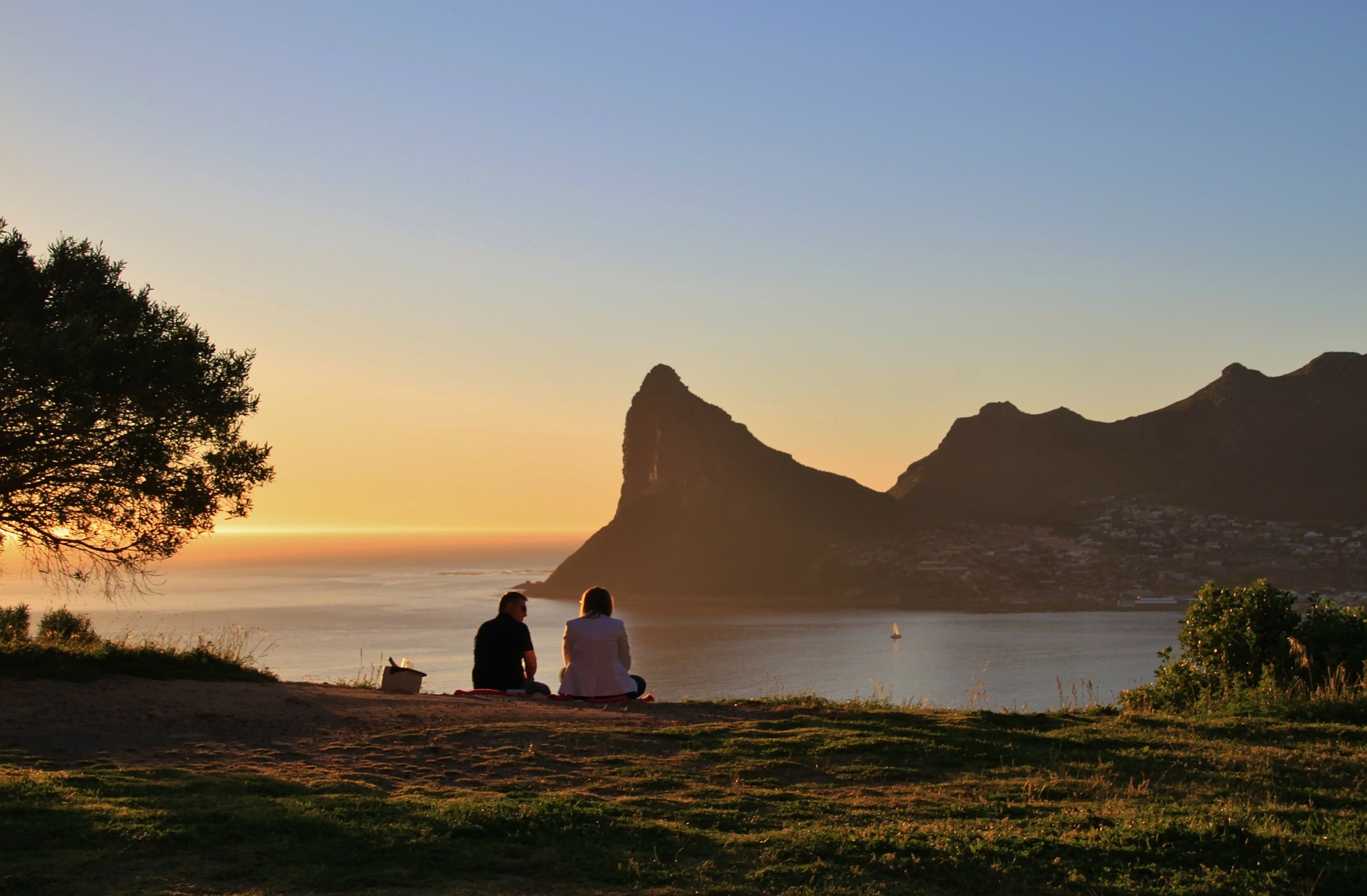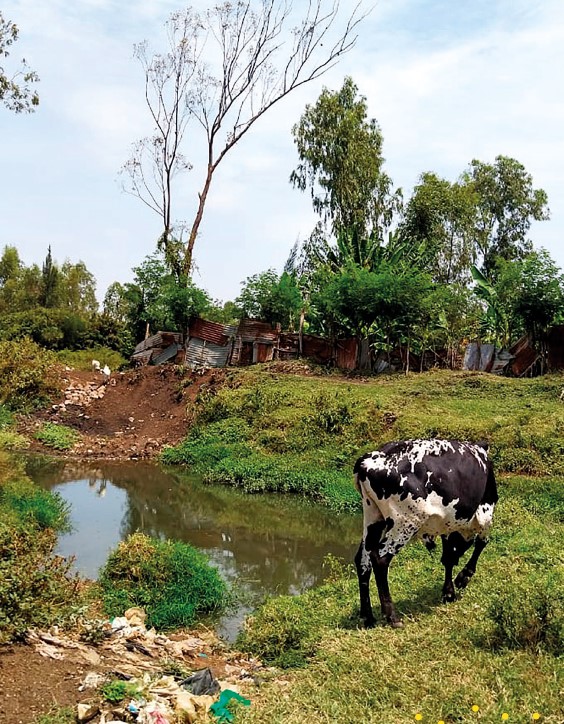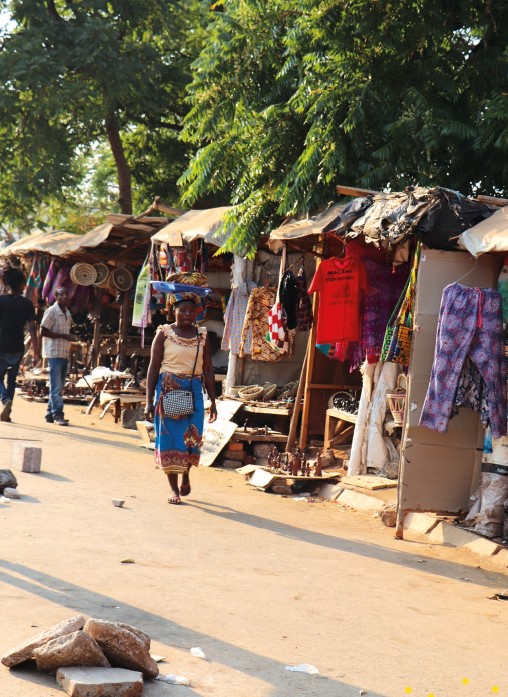27 May 2020
Real urban resilience is fostered where nature, climate and health meet
Nature, health and climate have always been connected. The COVID-19 pandemic is adding further impetus to the need for us to harness this connection to co-develop solutions with our cities that preserve the natural world that sustains us, combat the climate crisis, and enhance physical and mental well-being.



For many years we’ve been debating and re-debating how cities, particularly in Africa, can tackle the suite of challenges they face. Combating climate change and preserving biodiversity in a world where pandemics are becoming commonplace is, in itself, complex. Grappling with structural challenges such as gross inequality, consumerism and unfettered urbanisation makes these problems wicked. Such inextricable complexity can cause paralysis and crisis management to take the place of proactive response and visionary leadership. If anything, this anxiety-ridden time has brought a sense of perspective. A crystallising of what’s truly important.
No longer do we take for granted the ability to be in nature, having space to think and to breathe. We appreciate anew how in-person connection is fundamental to who we are as a species. We have deepened respect for the weight of responsibility that government officials hold as they prioritise, trade off and grapple with decisions that will affect many citizens’ lives.
While health has always been key to urban sustainability, the health agenda has perhaps not received the necessary focus at the city scale. In part, this is due to mandates related to health services often being held within higher tiers of government. We know that city administrations are closest to health needs and perhaps best equipped to deliver solutions that enhance citizen health and well-being. Our work similarly advocates prioritising climate resilient and nature based solutions at the local level.
For those of us working with cities, our responsibility has never been greater to offer sound advice, tools and resources to assist our city heroes and heroines in making the best possible decisions for their citizens. This rings especially true as we move into the new normal where a global pandemic, a climate crisis and a biodiversity emergency play out at the same time.
How we’re addressing the nature-climate-health nexus
To have real impact, one has to engage with cities as systems, paying special attention to the place where nature, climate and health intersect. Solutions should offer a suite of social, economic and environmental benefits and target the most vulnerable today while aiming to reduce the number of vulnerable citizens in the future. ICLEI Africa is well-acquainted with the nature-climate-health nexus. Our projects are needs-driven and context-specific and we are now paying special attention to the health benefits of our sustainability work, to deepen and scale them. Using a systems approach and never delineating a project as pursuing a singular objective has allowed us to elevate health in all our existing climate and nature work. Two of our well-established programmes within the nature-climate-health nexus are: Urban Natural Assets for Africa (UNA) and Integrated Action on Biodiversity (INTERACT-Bio).
We’ve been implementing UNA over six years in eight African countries and recently launched a flagship series of publications that document the 12 most significant lessons we have learnt working with African cities to integrate nature based solutions into city decision making and planning. See The value of urban natural assets when planning for resilient African cities. As INTERACT-Bio has revealed, each of these urban natural assets provides a host of benefits, such as buffering climate change impacts and providing clean water and air, which are essential to citizen health and well-being. See our Thematic Atlas of Nature’s Benefits to Dar es Salaam.


The UNA handbook series captures how cities have already harnessed opportunities and innovated to produce results that benefit nature, climate and health, and in ways in which these good practices can be carried forward into the future. Many of the considerations profiled in the handbook series relate to broader mind-set shifts, and can therefore easily be applied to other sustainability sub-fields.
We find ourselves working in unprecedented times, navigating unchartered territory. The pandemic has asked us to revaluate our definition of urban sustainability. We’re grateful for how our needs-based and cross-sectoral work has honed our skills to quickly adapt, grow and shift the focus of our work and how we work to suit the current context. We continue to co-create cities that are climate-ready, healthy and nature-centric.


